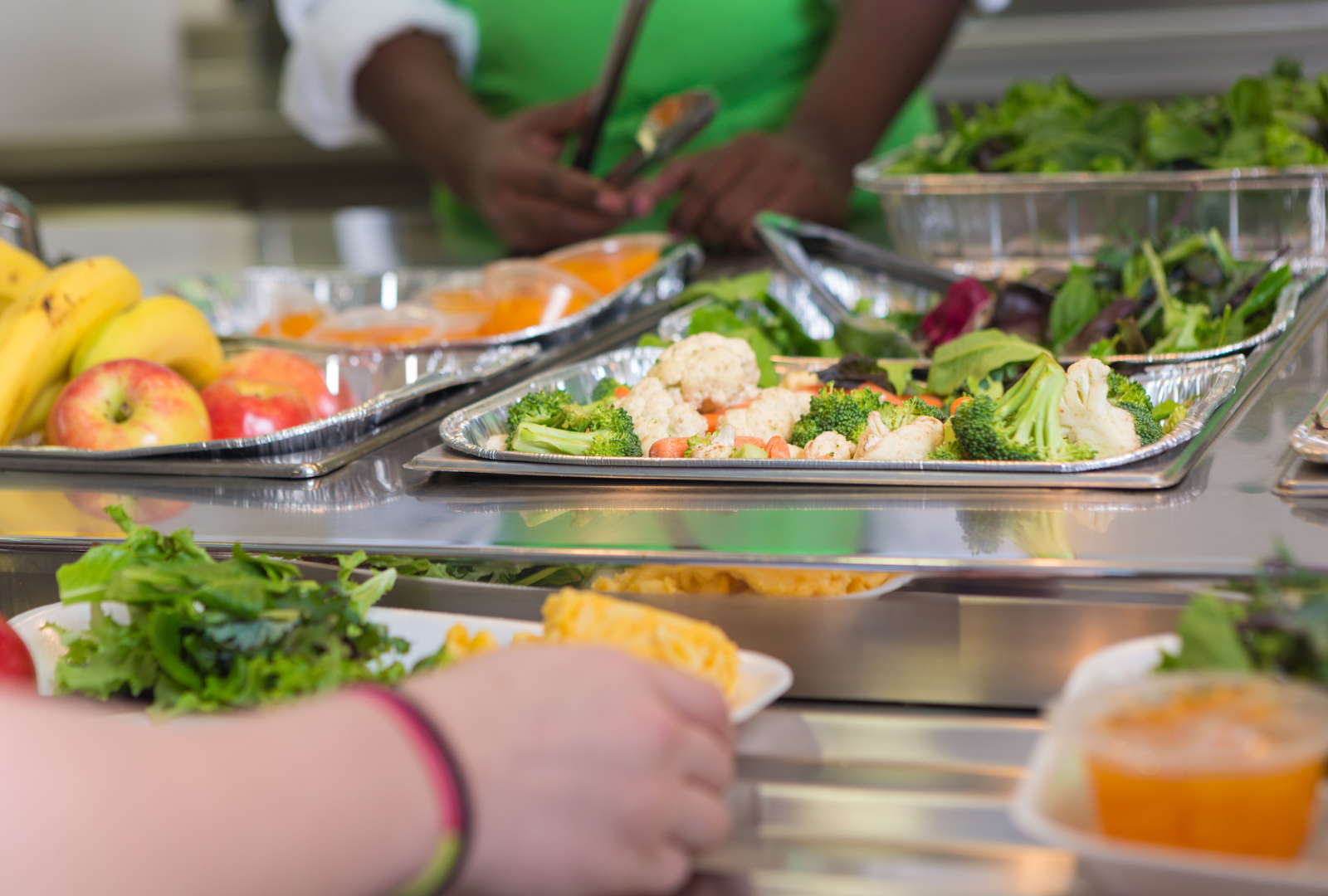Across the UK, schools are increasingly adopting cashless electronic point of sale (EPOS) systems to modernise their catering services. This isn’t simply about removing cash from the dining hall—it’s about creating a more efficient, inclusive, and dignified way for young people to access meals, particularly for those entitled to free school meals (FSM).
Moving Beyond Cash
Managing cash in schools has long been a challenge. Queues become longer, staff spend valuable time counting and reconciling takings, and there is always the risk of loss or theft. A cashless EPOS system removes these barriers by allowing pupils to pay with a card, fob, biometric ID or mobile app.
For catering teams, the advantages are clear:
- Faster service and smoother lunchtimes.
- Automatic reporting to help with forecasting and compliance.
- Less administrative burden and reduced handling of money.
Parents benefit too. With online payment options, they no longer need to send their child in with cash, and they have greater visibility of what’s being chosen in the canteen.
Free School Meals Without Stigma
Perhaps the most powerful benefit of a cashless approach is the way it helps children who are entitled to free school meals. In a cash system, it was easy for pupils to feel different when they didn’t have to hand over money at the till.
With cashless EPOS, free meal allowances are added to a pupil’s account automatically. At the point of purchase, every transaction looks the same—whether the meal is paid for by a parent or covered by the FSM entitlement. That small change removes stigma and helps ensure pupils feel confident about using their entitlement.
Policy Changes Driving Demand
The landscape for school meals is shifting. From September 2026, every household receiving Universal Credit will qualify for free school meals. That means hundreds of thousands more children will be eligible, and schools will need efficient systems to manage this increase fairly and smoothly.
For younger pupils, universal infant free school meals continue to provide every child in Reception, Year 1 and Year 2 with a free lunch. Schools are currently funded at a standard of £2.61 per meal—around £496 per child each year. On top of this, every FSM-eligible pupil brings in additional Pupil Premium funding—over £1,300 in primary schools and just under £1,000 in secondary—making accurate tracking more important than ever.
And of course, schools are also required to meet national food standards, covering everything from portion sizes to sugar content. Cashless EPOS systems can play a role here too, by recording meal choices, flagging allergens and providing clear reports to help caterers stay compliant.
More Than a Payment System
Going cashless is about much more than speeding up the lunch queue. Schools and trusts gain valuable insights into what’s being served and eaten, helping reduce food waste and manage budgets more effectively. Parents can set spending limits and see what their children are eating, while integration with wider school systems reduces duplication and admin time.
In a time when both schools and families are under financial pressure, these efficiencies make a real difference.
Looking Ahead
Technology will continue to reshape how schools manage catering. Features like real-time allergen alerts, faster biometric authentication and trust-wide reporting are already in development. But the core aim remains the same: ensuring that every child can access a healthy meal in an environment that feels equal and welcoming.
At Haven Systems, we believe cashless EPOS is more than a technology upgrade—it’s a tool for inclusion, efficiency and better student wellbeing. By supporting schools as these policy changes come into effect, we’re helping to create dining experiences that are fairer, faster and future-ready.

